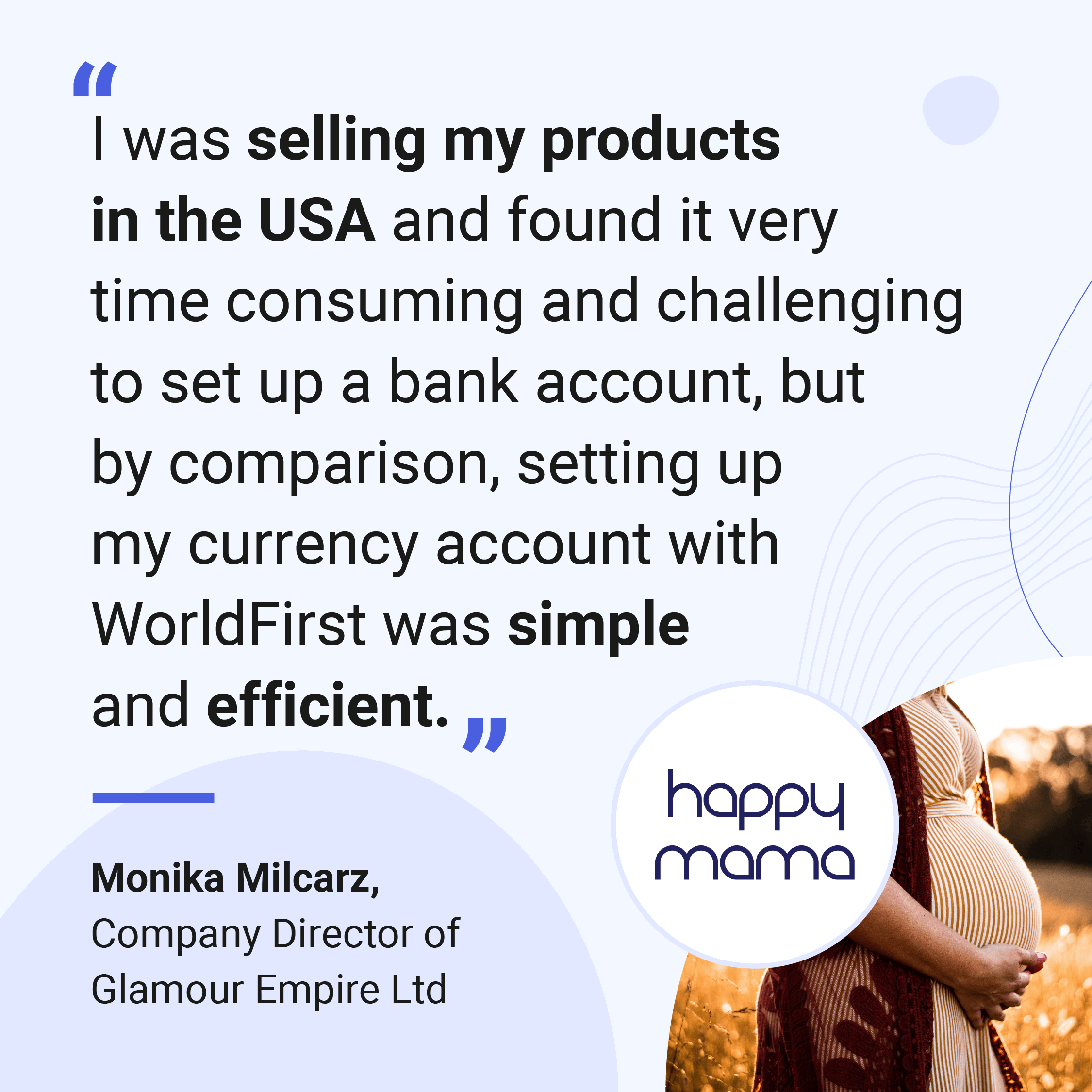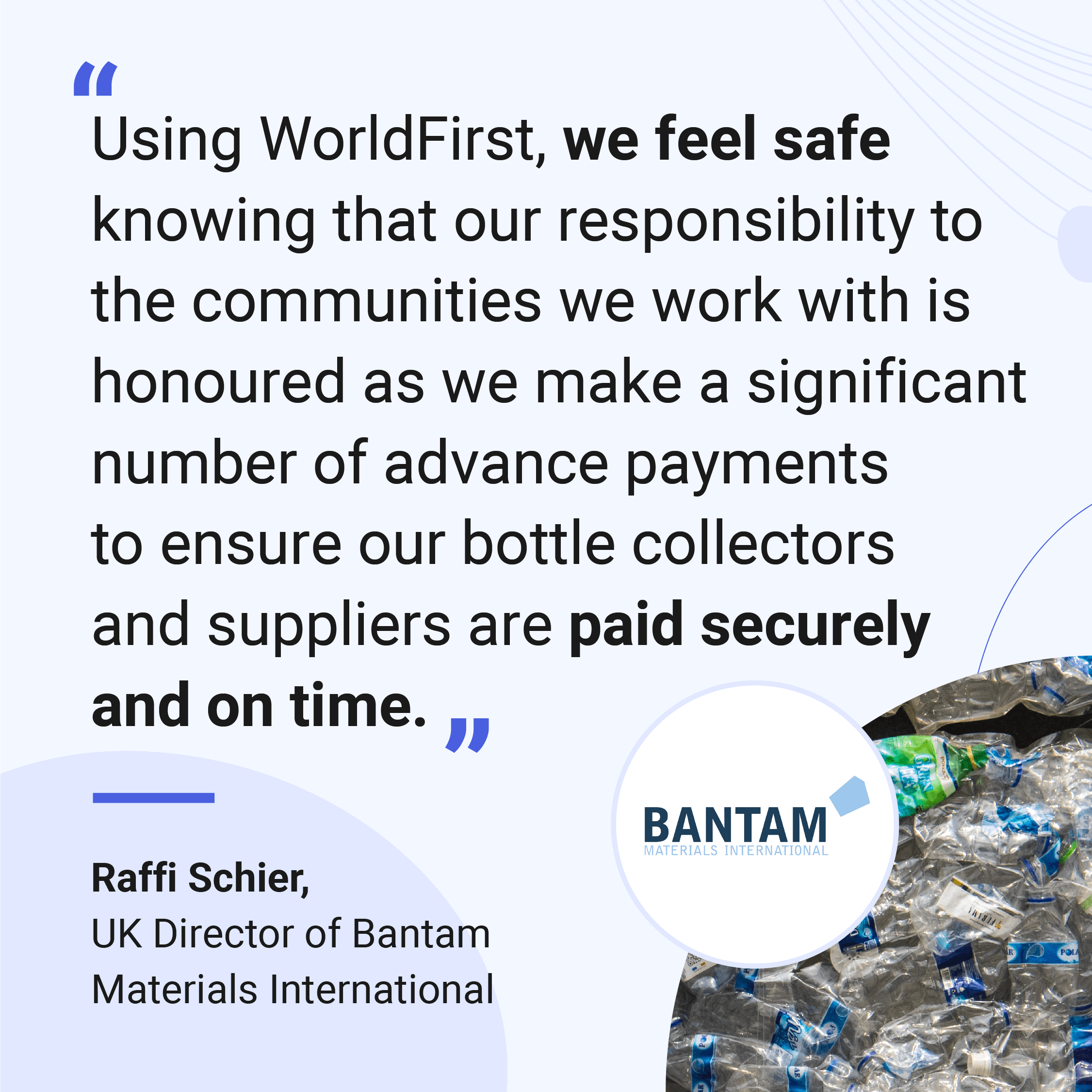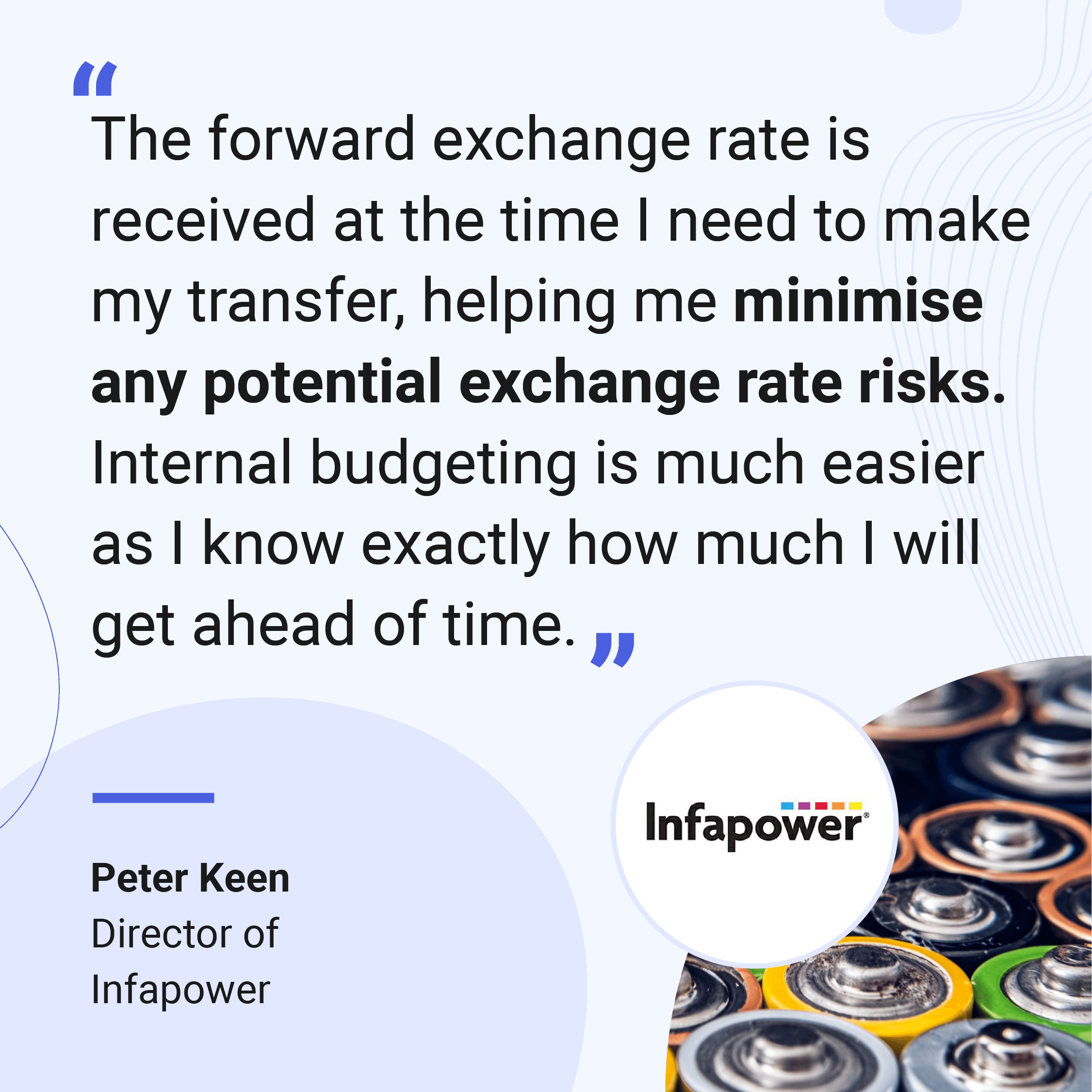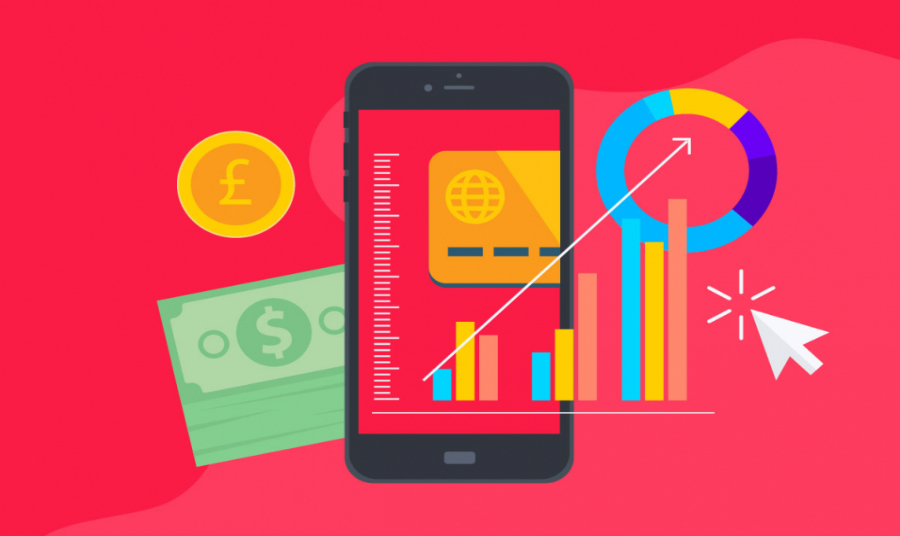
Many successful UK-based companies decide to expand internationally. International expansion can be very rewarding — both from a financial and from an achievement perspective. Methods of payment in international business vary from those found in the UK, though, and it can be hard to choose which to accept. To minimise fees, you’ll also need to find a reliable currency transfer partner.
We’ll begin this guide with a quick overview of cross-border payments, and then we’ll explore international payment gateways. Finally, we’ll examine the most popular international transfer methods to find out which ones are reliable and which offer value for money.
Methods of payment in international business
International business demands out-of-the-box thinking — and that applies to payments as well as products. Many global businesses need to transfer money both in and out of the UK, for the following reasons:
- Incoming transfers: Payments to UK exporters; credit and debit card payments collected via payment gateways; refunds.
- Outgoing transfers: Payments to overseas suppliers; wage payments to overseas workers.
International payment processing options
If you want to cultivate a retail presence overseas, you’ll need to partner with an international payment gateway — or several gateways. The processing options you choose will depend on your target market: consumers in emerging markets like South Africa and China, for instance, tend to choose mobile remote and mobile wallet payment options.
International transfer methods
Several different international transfer methods exist. Many companies make and receive international business payments via their banks, while a minority use cryptocurrencies to move money overseas. A savvy portion of the business consumer base use third-party solutions like WorldFirst, so they save a lot of time and money.
Traditional bank transfers
For a long time, banks facilitated the biggest share of international transfers. Business owners passed international bank account details and authorised amounts to bank representatives, who initiated SWIFT transfers. Payments made via bank transfer typically arrive in 1–5 business days.
International bank transfer pros include:
- Reliable and reasonably fast within Europe
- A long-established and trusted transfer method
International bank transfer cons include:
- Transfer-related fees can be very expensive
- Some transfers take a long time to go through
- Occasionally, transfers are routed wrongly or lost in transit
- Every transfer requires a conversation with a rep
Cryptocurrency transfers
Decentralised cryptocurrencies like Bitcoin and Etherium aren’t as obscure as they used to be. Once the exclusive domain of early adopters, cryptocurrencies have become more popular in the wake of the COVID-19 pandemic. Companies that want to sidestep currency transfer fees altogether can buy units of cryptocurrency and transfer them to business partners on the other side of the world.
Cryptocurrency pros include:
- No currency transfer fees
- Cryptocurrency transfers are usually very fast: some take seconds to process, while others take minutes
Cryptocurrency cons include:
- Bitcoin, Litecoin and Etherium are all very volatile, so cryptocurrency units can lose value rapidly
- Transaction fees apply to cryptocurrency purchases and transfers
- Not all business partners will agree to use cryptocurrencies as a transfer method
WorldFirst transfers
Transfers initiated by companies like WorldFirst regularly save UK-based businesses a lot of time and money. WorldFirst isn’t a bank, so it doesn’t use the SWIFT system to send funds. As a result, WorldFirst doesn’t charge SWIFT fees. Instead, you’ll pay a fixed FX rate and a low transfer fee.
WorldFirst’s transparent fee structure is a major perk — but the good news doesn’t end there. You can send money via app or online, making the service a convenient option no matter where you are. WorldFirst is a payment-to-China specialist, so its products and services are ideal if you need to pay a supplier in China, or if you need to collect money from Chinese ecommerce platforms.
In a nutshell, WorldFirst transfer pros include:
- Extremely competitive exchange rates
- A completely transparent fee structure
- Faster than SWIFT transfers — particularly transfers to and from China
- Up to 85% cheaper than banks
International business payments made easier with WorldFirst
International expansion takes time and effort — and a lot of planning. With the right payment partner at your side, you can reduce fees and confusion — and you’ll benefit from faster transfers, too. Best of all, WorldFirst international collections accounts work as a single hub for all your incoming payment streams — and you can open up to 10 local currency accounts.
If you’re an importer and you want to pay overseas suppliers, or if you need to pay staff overseas, choose a WorldFirst’s international payments account instead. With same-day payment available on most transactions — and with the ability to pay in 68 currencies — WorldFirst takes the hassle out of cross-border payments.
Find out more about WorldFirst's products and services online or call 0207 801 1065 today.

You might also like
WorldFirst articles cover strategies to mitigate risk, the latest FX insights, steps towards global expansion and key industry trends. Choose a category, product or service below to find out more.
Businesses like yours trust WorldFirst
- Almost 1,000,000 businesses have sent $150B around the world with WorldFirst and its partner brands since 2004
- Your money is safeguarded with leading financial institutions
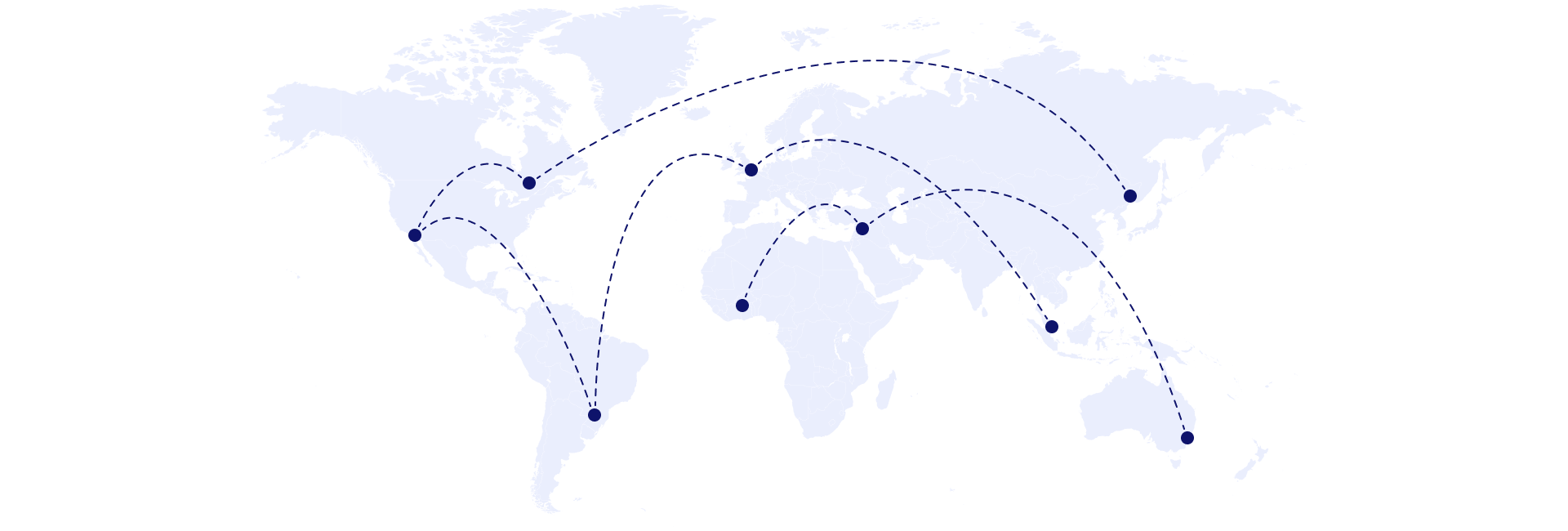
What our customers say about our services
